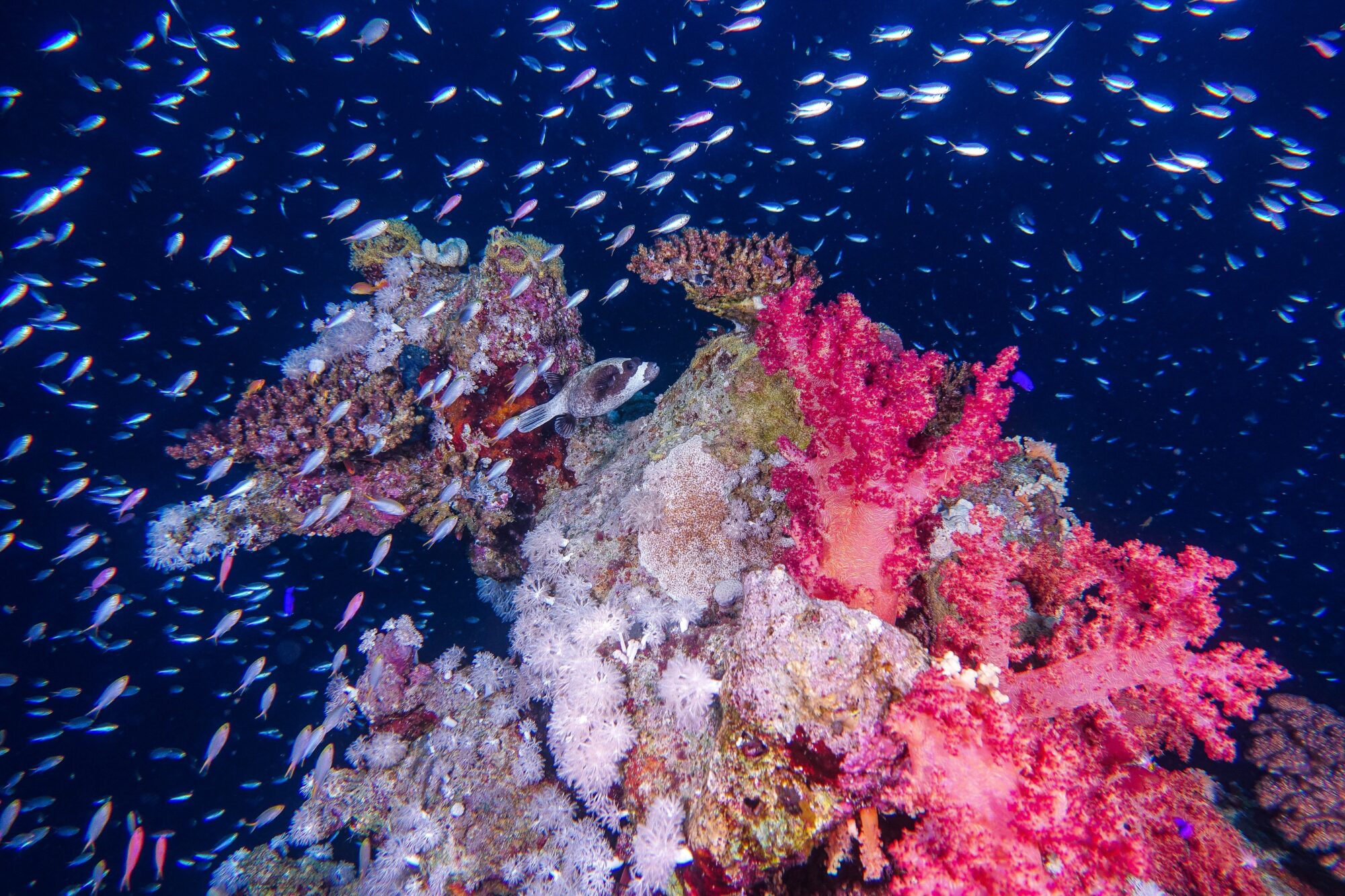

A new study led by scientists from Nekton, the Western Indian Ocean and University of Oxford recently published in the journal, Conservation Letters, confirms for the first time that deep reef habitats, notably in the Western Indian Ocean (WIO), are largely unprotected despite being under threat from a multitude of stressors, including overfishing, pollution, climate change and, in the near future, seabed mining.
The scientific team has co-developed a new framework for conserving deep reefs including practical recommendations and specific actions for regional policy-makers, conservationists and scientists.
Ahead of the UN Biodiversity Conference, COP15, the team of scientists are urging policy makers to use the summit to protect deep reefs. Their calls follow COP27 in Egypt, where many scientists, politicians and campaigners concluded that the 1.5C climate goal died, signing the death warrant on the vast majority of shallow reefs.
